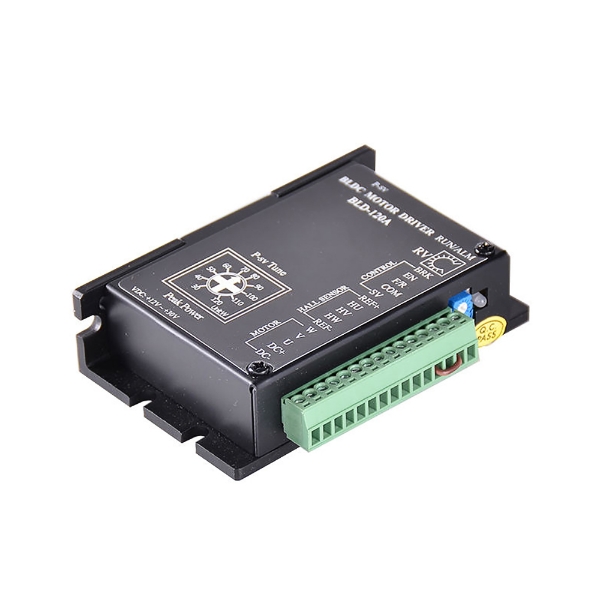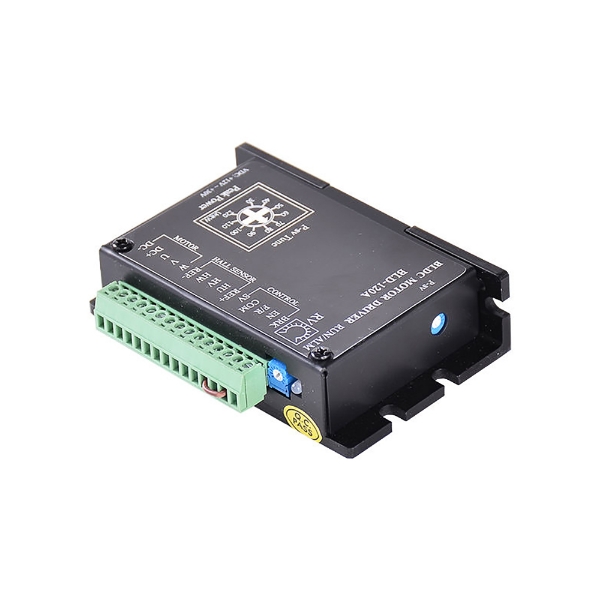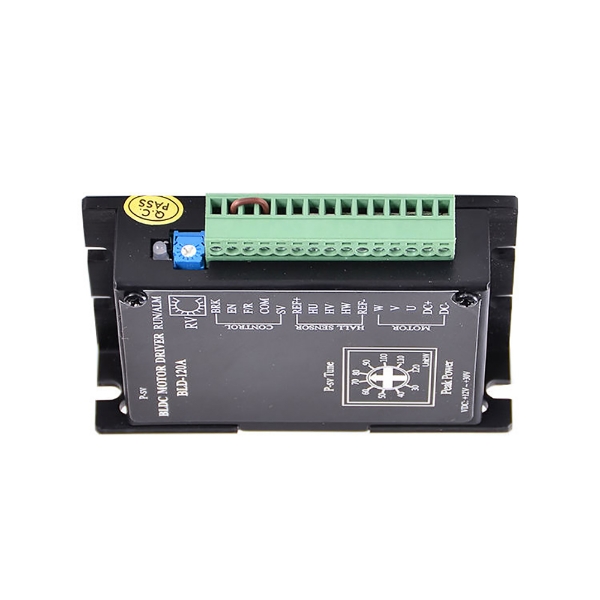Close
-
You have no items in your shopping cart.
- Register
- Log in
- Wishlist
- Shopping cart
Close
Menu
Close
- Home /
- Shop /
- BLDC Motor Controllers /
- 3kW BLDC Motor Controller for 48V Electric Vehicle
Write your own review
Related products
5kW BLDC Motor Controller for 48V/96V Electric Vehicle
BLDC-EVC-5
With dual voltage compatibility (48V and 96V), this 5kW BLDC motor controller provides superior flexibility and is engineered with advanced software algorithms. Designed with an IP66 protection class, the motor is fully weatherproof, offering protection from dust and water ingress.
$962.59
10kW BLDC Motor Controller for 48V/72V Electric Vehicle
BLDC-EVC-10
The 10kW BLDC motor controller for 48V/72V electric vehicles is equipped with automatic motor parameter matching, including Hall sensors, photoelectric encoders, and magnetic encoders. The BLDC motor controller also features comprehensive motor protection mechanisms, including temperature monitoring
$1,328.96
20kW BLDC Motor Controller for 72V/96V Electric Vehicle
BLDC-EVC-20
The 20kW BLDC motor controller is designed for 72V and 96V electric vehicles, featuring five adjustable gears, allowing for independent customization of torque, speed, and power. Additionally, the controller supports multiple communication protocols such as CAN-BUS, RS485, and UART, ensuring seamless integration with other electronic systems.
$1,593.76
12V-30V BLDC Motor Controller for 12/24V BLDC Motor
BLDC-C120A
The 12V-30V BLDC motor controller is a compact, efficient solution for 12V or 24V driving motors. It features smooth acceleration and deceleration settings, overcurrent protection, and easy operation with an external potentiometer. Also, speed can be adjusted via analog or PWM inputs.
$159.99
Precision BLDC Motors for Robotics, EVs and Automation
INFORMATION
RESOURCE
CUSTOMER SERVICE
Copyright © 2026 BLDC.com. All rights reserved.







